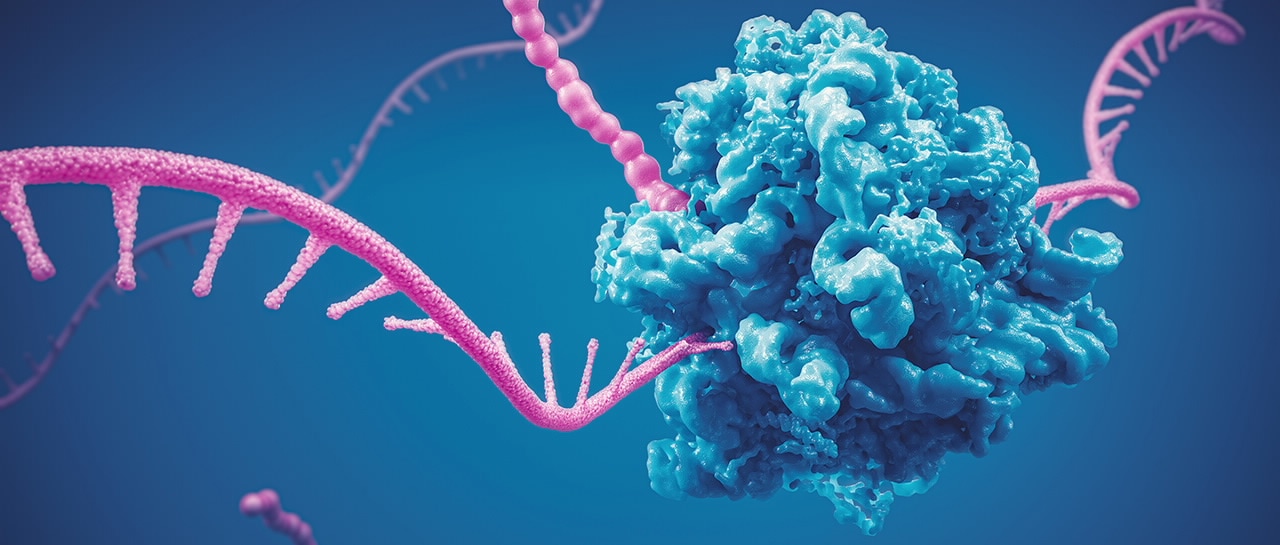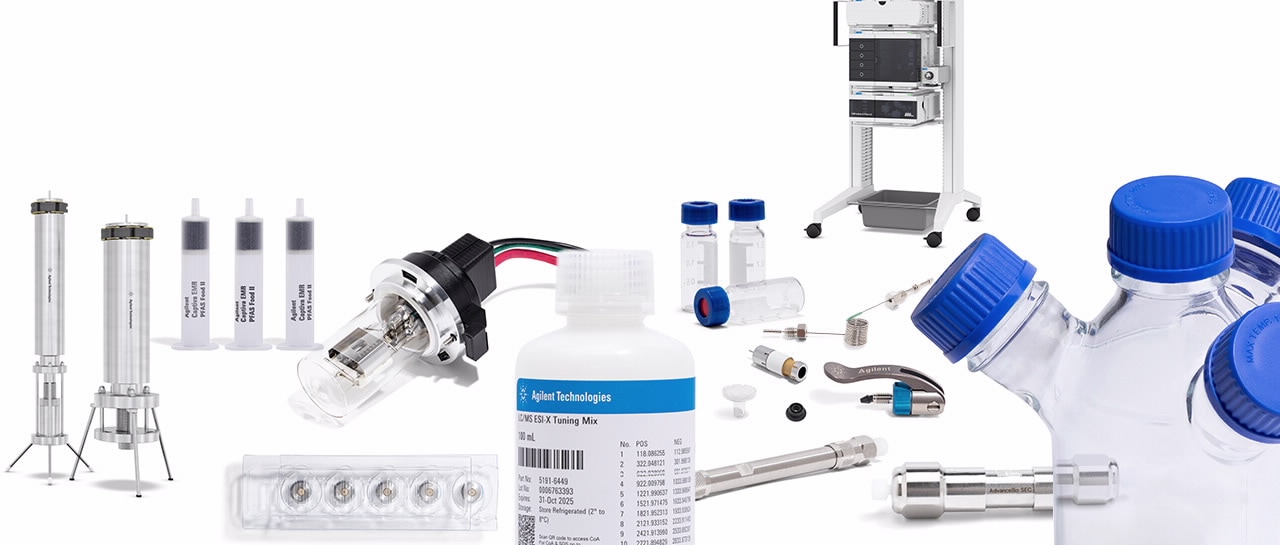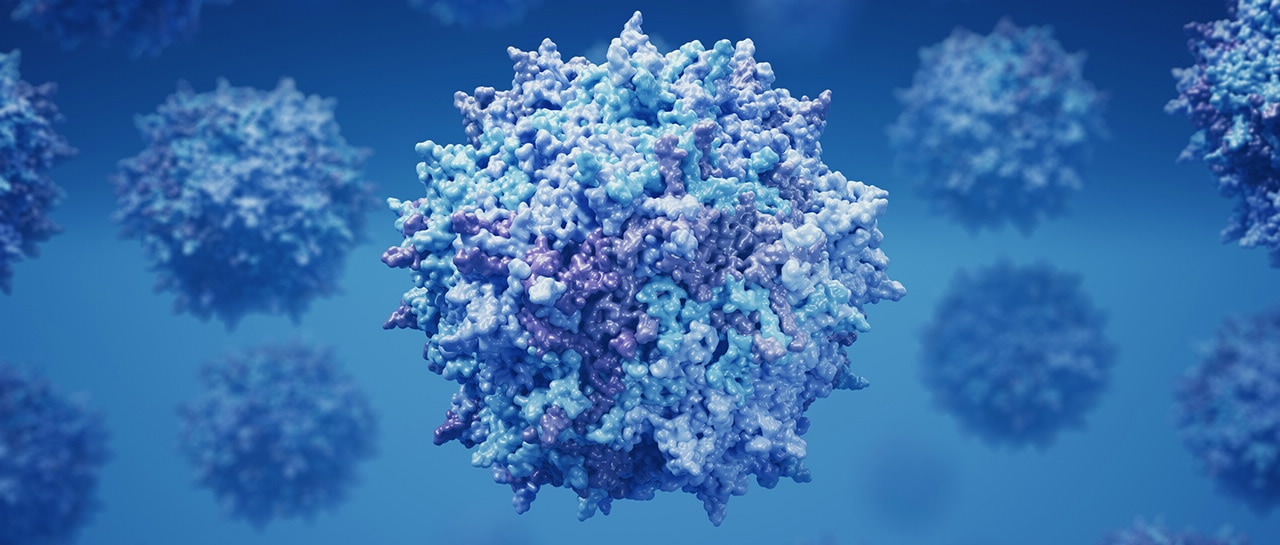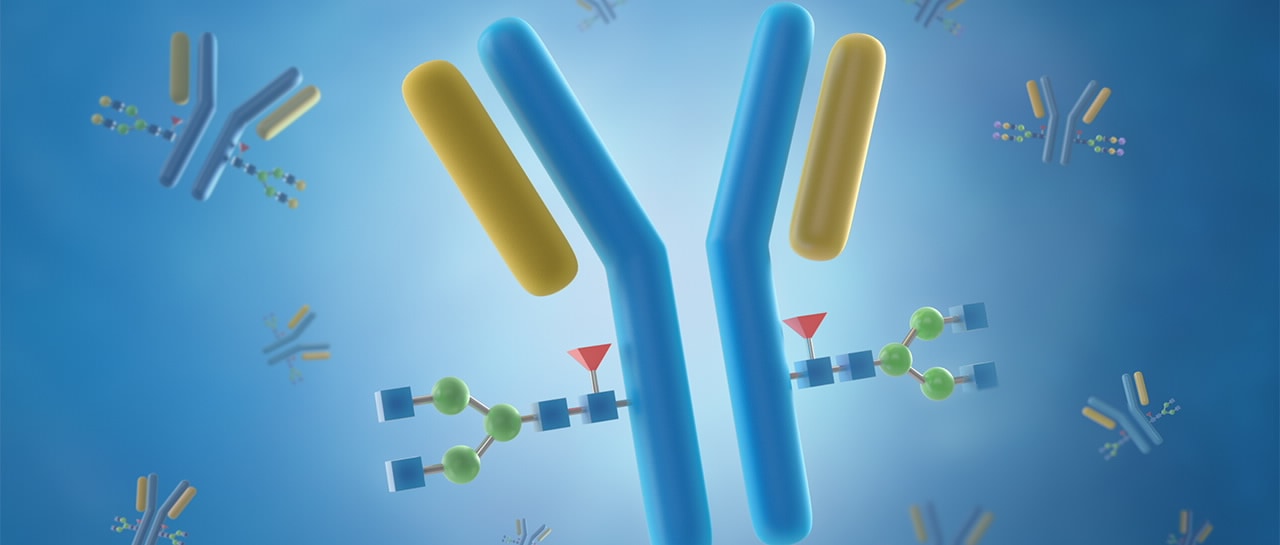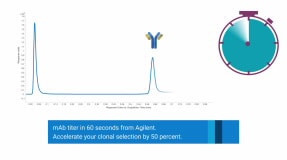Intact & Subunit Analysis
- Introducing Altura HPLC ColumnsUltra Inert technology sets a new standard in chromatographic performance, providing reliability and efficiency for your most demanding applicationsREAD MORE >

- Oligonucleotide SeparationsHPLC columns for robust resolution and reproducible analysis and purification of oligonucleotides, from siRNA through mRNAREAD MORE >
![Intact & Subunit Analysis]()
- HPLC & LC/MS Columns and SuppliesAccess the largest portfolio of columns, supplies, consumables for HPLC and LC/MS instruments.READ MORE >
![Intact & Subunit Analysis]()
- Adeno-Associated Virus CharacterizationReproducibly and efficiently identify intact AAV capsids, the ratio of full to empty, or measurement of aggregatesREAD MORE >
![Intact & Subunit Analysis]()
- N-Glycan Sample Preparation and AnalysisA full line of tools to streamline your glycan analysis, including sample preparation kits, glycobiology standards, enzymes, and glycan columnsREAD MORE >
![Intact & Subunit Analysis]()
